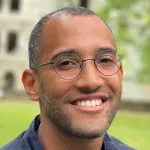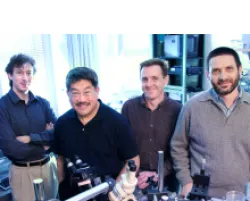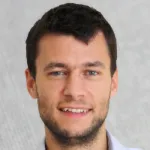
David Cox - Assistant Professor of Genetics and (by courtesy) of Medicine (Hematology)
Dr. David Cox is an Assistant Professor of Genetics and by courtesy of Medicine (Hematology) at Stanford University and Principal Investigator of the Cox Lab (coxlab.bio). He is also a ChEM-H Institute Scholar and Chan Zuckerberg Biohub Investigator.










